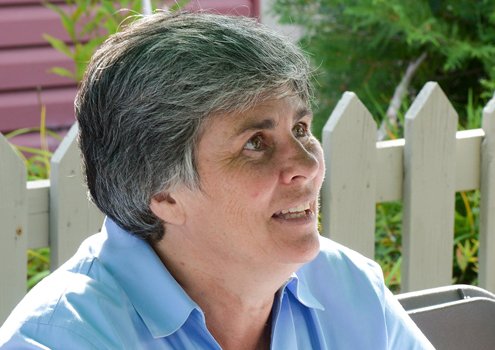Reading time: Less than 1 minute
I like to share interesting pieces of figurative language I encounter in my reading. I write today about a simile from Helen Humphreys…
I’m not typically a fan of “war” books but for some reason I’ve read two of them in the last few months and, between them, they’ve been my favourite books of the year.
One of them is The Evening Chorus, by Helen Humphreys. A lyrical, contemplative novel about love, loss and the natural world, the book struck me almost as an extended poem about how war affects people. That is has an unexpectedly redemptive ending is one of the many surprises it offers.
Humphreys was born in London, England, but now lives in Canada, in Kingston, Ontario. As a poet, she has a deft eye and ear for simile. Here is one I particularly liked:
The men stand in a long line facing the Kommandant, who remains on the verandah of his office during the procedure, strutting up and down, his chest puffed out like a winter robin’s.
This piece of figurative language struck me as especially apt because bird life is one of the themes of the book. It’s not only reflected in the title — An Evening Chorus — but also in the work of the main character, an airforce man named James Hunter. Taken as captive in a German POW camp he spends his days studying a nest of redstarts at the edge of camp.
[Photo credit: Dan Harasymchuk. Cropped. Licensed under the Creative Commons Attribution-Share Alike 4.0 International license.]


